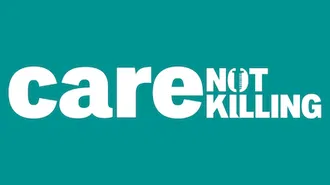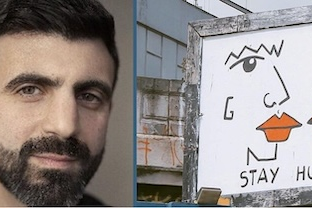Care Not Killing disappointed with Nuffield Trust Report on assisted dying

Responding to the Nuffield Trust's Report: 'Assisted dying in practice: International experiences and implications for health and social care' Dr Gordon Macdonald, CEO for Care Not Killing commented: "Yesterday we were provided with embargoed extracts of a report, which were wrongly identified as originating from the similarly named, but wholly separate organisation - the Nuffield Council on Bioethics, and my response was based on this information. I am happy to acknowledge this error and set the record straight."
He went on: "The scope of the Nuffield Trust Report report is limited. It sets out to examine the impact of assisted dying on the healthcare systems of 15 jurisdictions. It does not assess the impact on the legal system or the social and political factors that led to the introduction of initial legislation. Crucially, it takes no account of media reports or material produced by non-academic sources. (p2-3)
"The authors of the report admit that they did not carry out a formal risk of bias assessment and acknowledge that the feedback from healthcare personnel may reflect the opinions of individuals who have a bias in favour of legalised assisted suicide. (p 74)
"The research highlights the heavy emotional cost that health professionals involved in assisted dying routinely experience. The report recommends training specifically to deal with this burden. (p 76)"
The report goes on to explain that the experience of other jurisdictions shows that there is a need for training that is far more extensive than what was envisaged in the Government's Impact Assessment of the Leadbeater Bill, (p 85) and acknowledges that the additional cost of more appropriate training means 'there will have to be trade-offs' that will divert funding from existing services. (p 86)
It confirms that a relatively small number of doctors are responsible for a disproportionate number of assisted deaths. In Western Australia, for example, just five doctors oversaw 43% of deaths. (p 6)
Yet the authors do not, however, see the reluctance of all but a small minority of doctors to participate in the practice as evidence of widespread conscientious objection. Rather, they cite a range of possible factors, such as lack of funding, inadequate remuneration (p 50) and the need to complete time-consuming paperwork. (p 36).
Conscientious objection is viewed as rooted in cultural, ethnic and religious bias (p 89) rather than a reflection of the Hippocratic tradition in medicine. Both individual and institutional objections to assisted dying are seen as barriers to access that need to be addressed, given the makeup of the NHS. It is suggested that objections can be overcome through "education" and greater familiarity with the practice over time. (p 59).
Dr Macdonald concluded: "We agree with the report that in all the jurisdictions that have legalised assisted suicide or euthanasia, over time there is pressure to erode safeguards and widen eligibility criteria."
"It is time that Parliament ditched the dangerous and controversial bill and instead turn their attention to fixing the UK's broken palliative and social care systems that are failing many vulnerable, elderly and disabled people."
Care Not Killing is a UK-based alliance bringing together over 40 organisations - human rights and disability rights organisations, health care and palliative care groups, faith-based organisations groups - and thousands of concerned individuals.
We have three key aims:
to promote more and better palliative care;
to ensure that existing laws against euthanasia and assisted suicide are not weakened or repealed;
to inform public opinion further against any weakening of the law.
If you would like to talk with someone about issues raised in this article, the Samaritans are available 24 hours a day. Call free on 116 123 or visit: www.samaritans.org


















